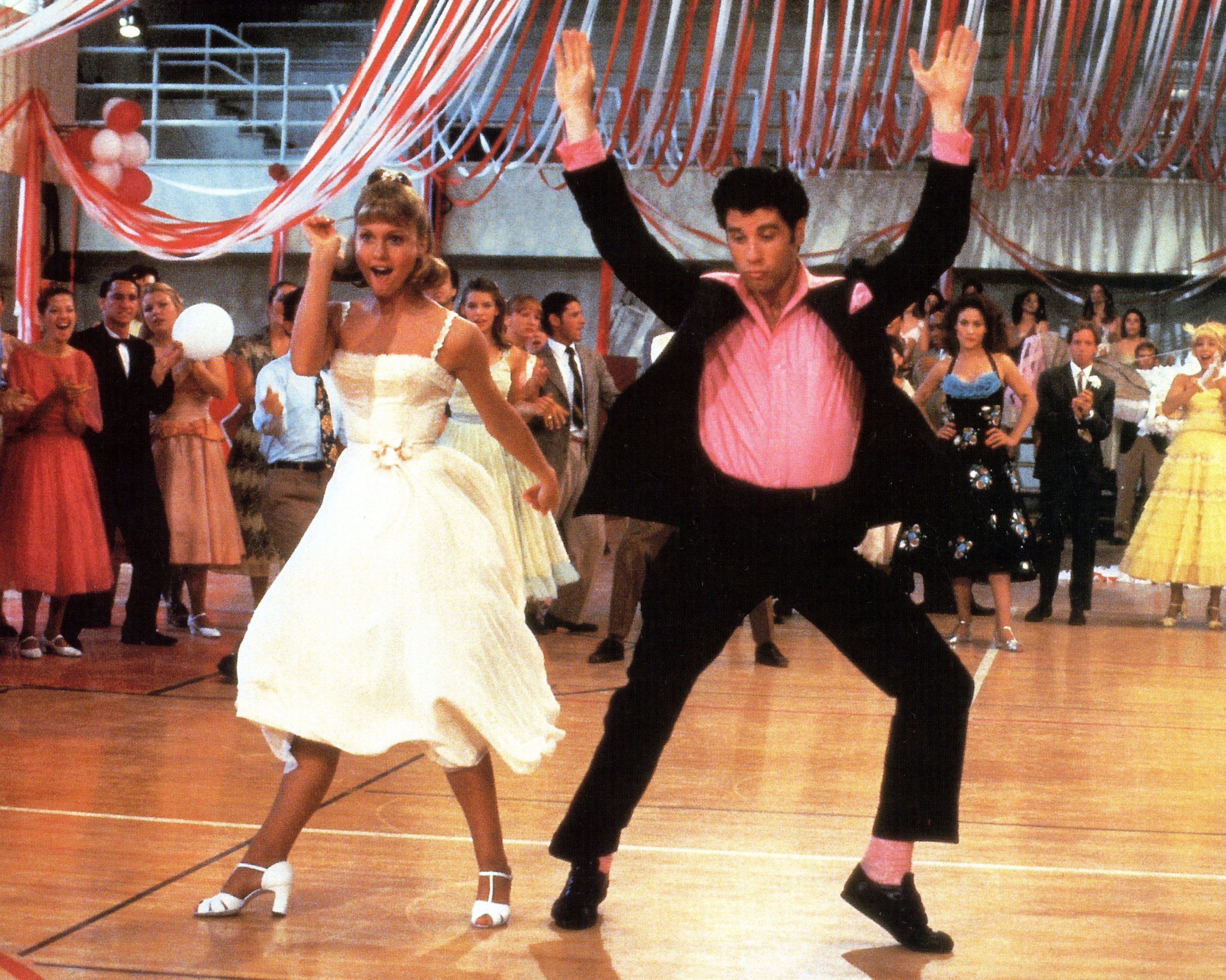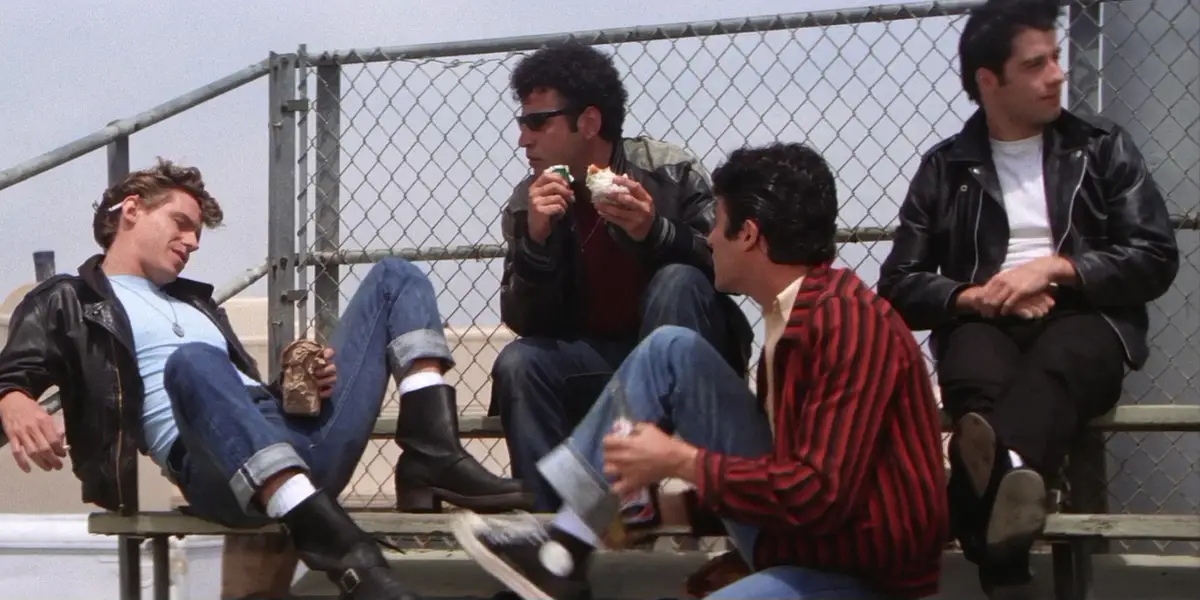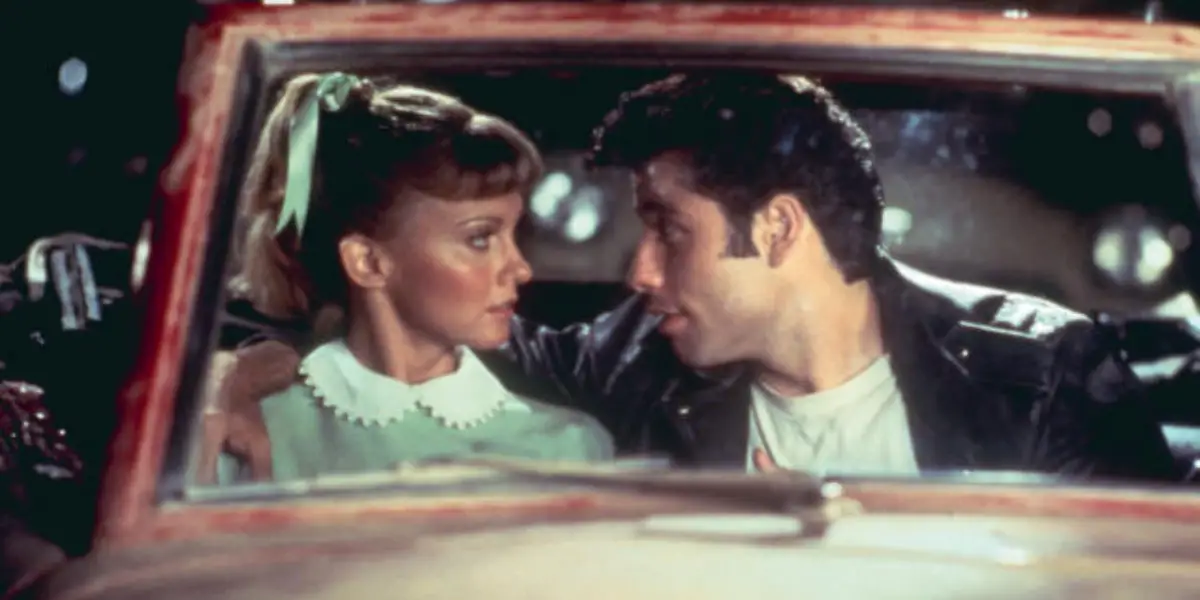People who are rewatching Grease today are branding the film as ‘sexist’, ‘misogynistic’ and ‘problematic’.
The iconic musical, which came out in 1978, is full of memorable moments and famous songs that are catchy and instantly recognizable.
Starring John Travolta and the late Olivia Newton-John, the movie follows two people who spend a summer loving each other – thinking that they’ll never see each other again – only to be classmates the following year.
It came out to immense success and grossed an estimated $396 million against a budget of $6 million and has since established itself as a cult classic – as well as being preserved and added to the National Film Registry.
However, viewers who are watching it some 45 years after its release are now insisting that the movie has some ‘problematic’ issues.

Taking to social media, viewers have shared their views on Grease.
One person pens: “Sorry I loved Grease when I was a kid, however, it’s just too problematic these days.”
Another explains: “I used to watch this movie so much growing up and it’s been a while since I’ve seen it and it’s all I remember it to be and more […] and by that, I mean misogynistic, homophobic, and just a gross culture of toxic masculinity, r*** culture, and p****hilia.”
“Grease singing ‘Did she put up a fight?’ pretty much ruins the whole movie for me now aside from all the other problematic stuff,” comments a third.
Someone else adds: “I loved Grease as a teenager, now I see it as a pile of misogynistic c***.”
A fifth viewer says: “Not offended by Grease, nor do I want it ‘canceled’ or ‘banned’ but watching it now I see problematic scenes that make me cringe when I watch it.”

It has been well known that several members of the cast were much older than their on-screen characters – for example, Newton-John was 29 when she started filming Grease, even though her character was supposedly only 17/18.
Meanwhile Betty Rizzo – the leader of the Pink Ladies – was 17, but was played by 33-year-old Stockard Channing.
But upon recent watches, people have noticed some issues with the film that they believe do not hold up today.
For starters, some have said they feel uncomfortable with the lyric ‘Did she put up a fight’ in the song ‘Summer Nights’ – as it suggests that Danny might have forced himself upon Sandy.

Others reference scenes including one of the T-Birds looking up a girl’s dress, the drive-in movie scene where Johnny ‘pretty much’ forces himself on Sandy and a distinct lack of racial diversity in the film.
However, some have defended the movie, including Newton-John herself.
Speaking to The Guardian in 2020, the late star addressed the claims that people were making about Grease.
“It’s a movie,” she responded. “It’s a story from the 50s where things were different. Everyone forgets that, in the end, he changes for her, too.
“There’s nothing deep in there about the #MeToo movement. It’s just a girl who loves a guy, and she thinks if she does that, he’ll like her.
“And he thinks if he does that, she’ll like him. I think that’s pretty real. People do that for each other. It was a fun love story.”
Related Article: Jurassic Park Stars ‘Only Now’ Realise Their Age Gap Was ‘Inappropriate’ In First Film
Related Article: American Pie Star Shannon Elizabeth Says ‘There’d Be A Problem’ If Movie Came Out Nowadays
Do you have a story for us? If so, email us at [email protected]. All contact will be treated in confidence.






